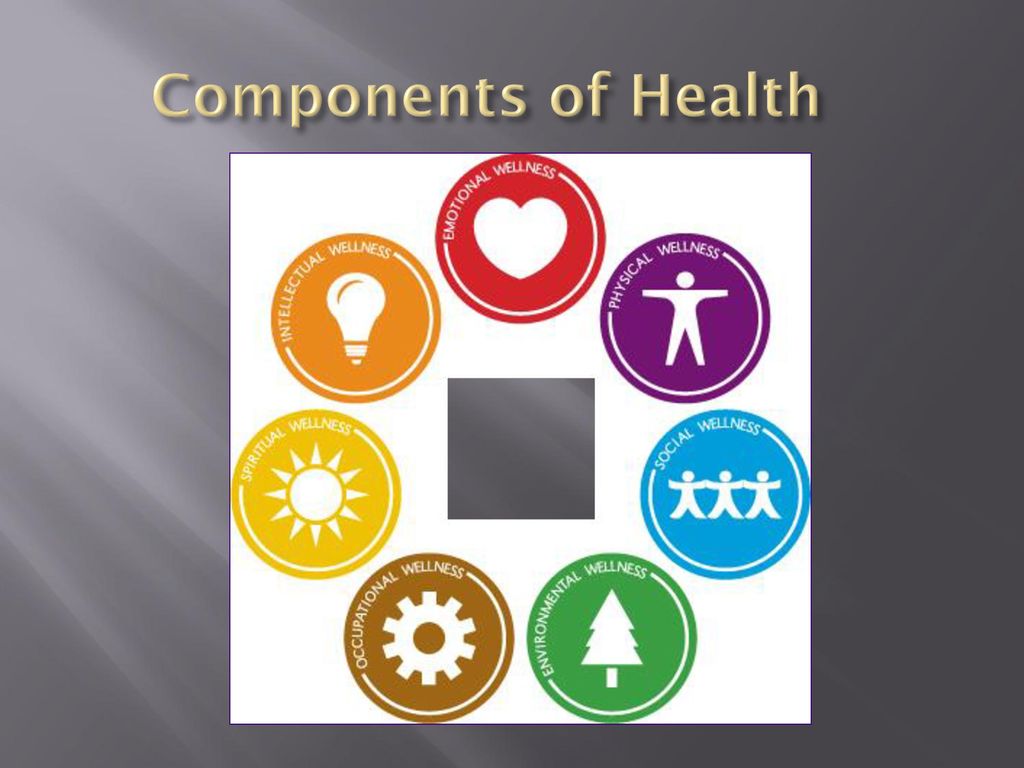
Keeping these aspects of your life in balance helps you feel good physically, mentally and emotionally.
Eat a wide variety of foods including vegetables, whole grains, lean meats, beans and lentils, fish and unsaturated fats (olive oil, rapeseed, sunflower oil, butter). Limit salt and sugar intake.
Exercise
Regular exercise is an essential component of a healthy lifestyle. It keeps the body strong, helps maintain a normal weight and improves mood. It can also help a person have a better quality of life as they age by reducing the risk for Alzheimer’s disease and other cognitive disorders.
A healthy diet is another key component of a healthy lifestyle. It should be low in saturated fat, trans fat and sodium and high in vegetables, fruits, whole grains, lean meats, nuts and fish. It’s important to get at least 30 minutes of moderate exercise most days. This can be as simple as walking, jogging or playing sports. It’s also a good idea to make exercise a social activity. It will not only increase your level of fitness, but it will also make exercise more fun and motivating.
Diet
The food we eat provides the body with the nutrients it needs to function properly. These include carbohydrates, fats, proteins and vitamins. Carbohydrates are found mainly in starchy foods like potatoes, bread and pasta; while fats come from both plants and animals, and include vegetable oils (like olive, corn or rapeseed) and animal products (butter, cheese).
A healthy diet also contains polyunsaturated fats, which help lower cholesterol, and omega-3 and omega-6 fatty acids that can protect against heart disease. The best sources of these fats are nuts, seeds and fish.
Eating healthily doesn’t have to be expensive; shop at your local supermarket for fruit, vegetables, whole grains and low-fat milk. Try to avoid heavy gravies and salad dressings; choose baked, grilled or roasted chicken instead of fried; take lunch with you to work to save money on restaurant meals; and stock your fridge with healthy staples like yogurt, low-fat cheese, eggs, and a variety of vegetables and low-fat meats.
Sleep
The human brain needs sleep for memory, emotional regulation, and executive function. The body also repairs damage from the day, such as ultraviolet rays and stress. Adults need at least 7-8 hours of sleep a night for optimal health.
Sleep is regulated by a natural clock that operates on a daily cycle known as the circadian rhythm. The brain’s drive to sleep increases throughout the day and peaks in the evening leading up to bedtime. This increase in sleepiness is probably caused by a rise in the brain chemical, adenosine.
Getting adequate amounts of sleep is just as important to your health as eating well and exercising regularly. If you’re not getting enough sleep, make it a priority to get better sleep by setting a reasonable bedtime and sticking with a consistent schedule. Then, try to relax before you go to sleep by following your favorite bedtime routine. If you still can’t fall asleep, consider talking to your doctor or a sleep specialist.
Stress
Stress is a normal part of life, but long-term feelings of stress can cause health problems. When you feel stressed, hormones are released that can speed the heart rate, affect digestion and raise blood pressure. These are called the fight-or-flight responses and they help your body prepare for danger.
But there’s also good stress, or what Selye called eustress. For example, getting a great grade on an exam or winning an important race may make you feel good. The same is true for many hobbies, like playing a sport or spending time with friends.
Emotional stress isn’t a health risk on its own, but it can contribute to poor behaviors such as smoking and drinking too much, overeating or arguing with others. If you think you’re overstressed, talk to your doctor about ways to reduce it. They may suggest medicine, therapy or lifestyle changes. They may also recommend tests to check your health. Healthy lifestyle choices — such as exercise, diet, sleep and stress management — are important for overall health.